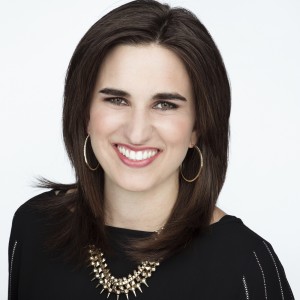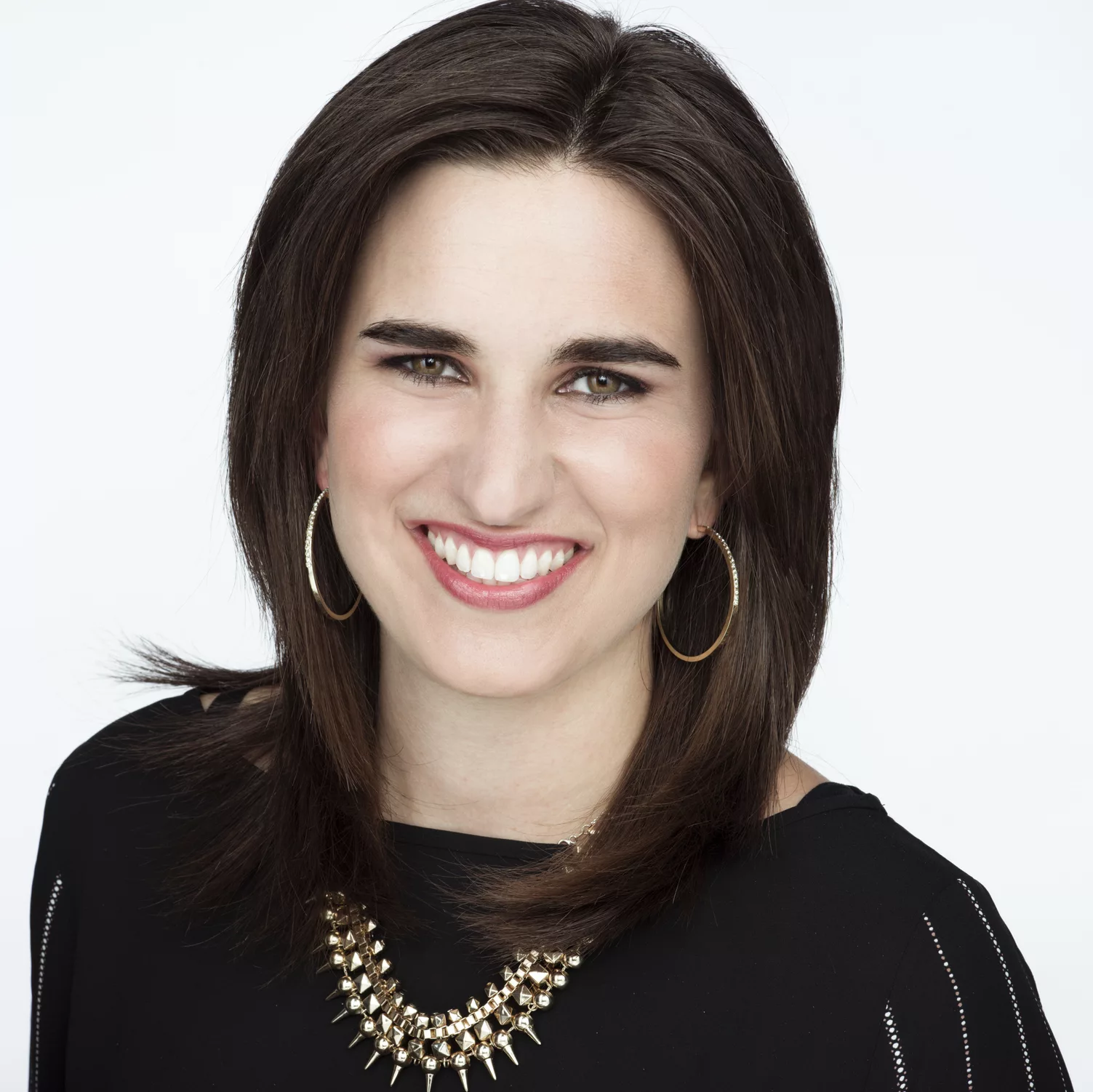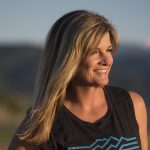 As the Project Manager of Divest Invest Philanthropy and in her capacity as founder and CEO of Phoenix Global Impact, Jenna Nicholas is an authoritative voice and leader in the Divest-Invest movement. For SOCAP14 Nicholas proposed and organized the panel Divest-Invest: Philanthropy: innovative finance mechanisms for developing a new energy economy. We recently sat down with Nicholas to hear her thoughts about the trajectory of this global movement that is calling for individuals and organizations to divest from fossil fuels and invest in a cleaner and more equitable future.
As the Project Manager of Divest Invest Philanthropy and in her capacity as founder and CEO of Phoenix Global Impact, Jenna Nicholas is an authoritative voice and leader in the Divest-Invest movement. For SOCAP14 Nicholas proposed and organized the panel Divest-Invest: Philanthropy: innovative finance mechanisms for developing a new energy economy. We recently sat down with Nicholas to hear her thoughts about the trajectory of this global movement that is calling for individuals and organizations to divest from fossil fuels and invest in a cleaner and more equitable future.
SOCAP: So much exciting growth happened within the movement since your panel at SOCAP14 that we decided to make Divest-Invest a main content theme at SOCAP15. Could you highlight some of the developments that have occurred over the last year?
Jenna Nicholas: It’s been a really exciting year. During the US Climate Summit in September 2014 we announced that a total of 50 billion dollars in assets under management had been committed to divesting from fossil fuels and investing in new energy. These commitments have come from institutions across all different sectors including universities, faith based groups, and foundations. In September 2015, a year later, we announced that the same set of institutions has committed 2.6 trillion dollars in assets under management. It is pretty incredible to see that type of growth over the course of a year.
I think a large part of that growth has to do with all of the organizing that has been done across the different sectors. We have grown, for example, with the help of students organizing within universities and the community of practice that has developed within the foundations. Divest-Invest Philanthropy started in January 2014 with 17 foundations and we now have over 115. This is exciting to see. We are also seeing growth similarly with faith based groups and pension funds. A number of large institutions such as the Norwegian Pension Fund, Axa Insurance, CalPERS, CalSTRS and the UC Regents are also coming on board. Seeing some of these large institutions also committing to divesting, I think has really helped catalyze other players within the industry.
So, cross sector collaboration has really helped the movement grow over the last year. Have convenings that gather together and create collaborative opportunities for groups from many sectors accelerated momentum?
Definitely. It’s been great to see SOCAP’s leadership around Divest-Invest programming. We had the Divest-Invest panel in 2014 and numerous panels at SOCAP15. Cross-sector convenings create opportunities for those that have already gotten onboard to think about questions such as, “what are other ‘invest’ solutions?” and “how do we actually go about achieving our goals? It’s great that we have made this commitment but what does this look like in practice?” Then they can share their thoughts and examples of how it has worked. Those that may not yet be on board can see what is out there and hear the financial arguments as well as the ethical and environmental arguments for being part of the Divest-Invest movement. SOCAP has been a great leader in this and there is definitely room for more. We are seeing more and more of these types of convenings taking place at a local level, national and international level as well.
What are some of the most important Divest-Invest conversations taking place at this moment in time?
There are two in particular that I would like to highlight. One is articulating ‘invest’ solutions across asset classes. There are big opportunities in every asset class, both within public and private equity. I think it is particularly important to consider questions of energy access and equity as part of our investment decision making process. We must think about what a just energy transition looks like. Many communities have historically been dependent on fossil fuels. We must consider new job opportunities in these communities. We need to be talking about how to engage the communities that are being impacted by divesting and investing at the front lines. How do we make sure these communities are part of the decision making process around the types of invest opportunities being considered? How do we ensure that their voices are not lost? For example, it is important to think about job creation in Appalachia, where communities have been dependent on the fossil fuel industry. Ensuring that we can bring that lens to our investments I think is really powerful.
You are encouraging conversations about, for example, how switching away from coal production into greener energies is going to economically impact the people in Appalachian coal mining communities?
Exactly. I did a TedX talk in Portland a few months ago about the connection between climate justice, economic justice, racial justice, and social justice more broadly and thinking about how we cannot make progress on any one of these without considering all of them. Furthermore, we must recognize that often it is those communities that are most affected by climate change that are lower income. Divest-Invest is not just focused on transferring assets but it is really focused on empowering communities.
What is inspiring you in the movement right now? What is giving you hope?
It is very inspiring to see the number of individuals and institutions that are committing to Divest-Invest. It really feels as though we are at a tipping point. Even since the announcement made a few months ago at the UN climate summit, we are seeing more and more institutions joining. The question is no longer why should we do this, it is how should we do it? Seeing a shift in the dialogue and seeing groups such as the SOCAP community come on board around this work and participate as a community of practice is very powerful. It has been amazing to see the shift in the discourse around these issues. The legitimacy of the movement has been established and now the focus is on, how do we execute?
If you could issue a call to action to the global SOCAP community, what would it be?
I think a big part of it is recognizing that this is something that anybody or any institution can participate in. I think that sometimes we think about this as being something just for the largest wealth holders in the world, but really this is something that anyone can do with their own individual assets for example through 401K plans. It is important for people to talk to their financial advisors about fossil free mutual funds and to look at private equity opportunities in new energy solutions. We can all take responsibility for the assets that we own. We can also influence the organizations that we participate in as board members or advisors.
Learn More
- Jenna Nicholas at TEDxPortland: Divest-Invest and the future of new energy solutions
- Report documenting growth in the Divest-Invest movement: Measuring the Growth of the Global Fossil Fuel Divestment and Clean Energy Investment Movement
Jenna Nicholas is CEO of Phoenix Global Impact, a consulting company that specializes in impact investing, social entrepreneurship and strategic philanthropy. Through her consultancy, she has project managed Divest-Invest Philanthropy, a coalition of philanthropic foundations, including the Rockefeller Brothers Fund, divesting from investments in fossil fuels and reinvesting in new energy solutions. Jenna also works with the World Bank Treasury on green bonds and other sustainability projects and with Toniic helping to support an impact investing community. She works closely with the Calvert Special Equities team and is an advisor to the Nexus Global Youth Summit, High Water Women and the Washington DC Impact Hub. Jenna graduated from Stanford University with an International Relations Honors Degree during which time she also read International Development at Oxford University. Jenna is a Stanford Graduate School of Business, 2017 MBA candidate. Jenna has also been selected as a World Economic Forum Global Shaper. Jenna has special links with China and co-taught a course at Tsinghua School of Economics and Management on Business Ethics, Sustainability and Impact Investing in 2013. She is an active member of the Bahá’í Faith.



